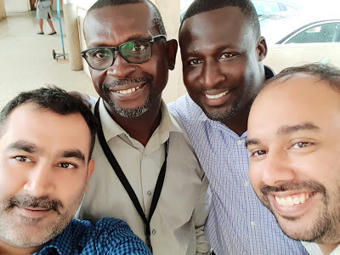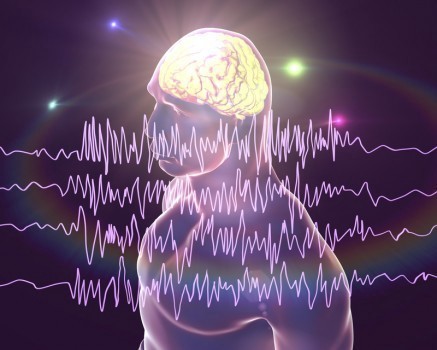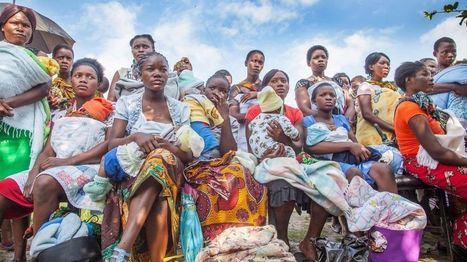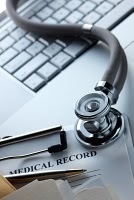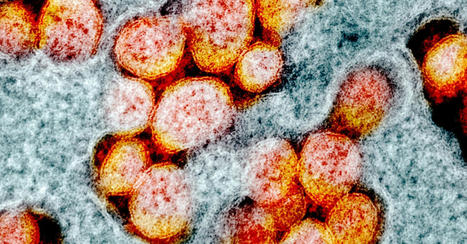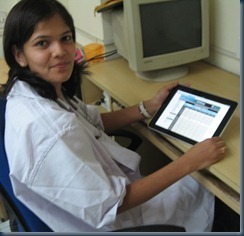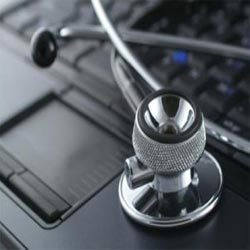There is a seriousness, almost an urgent kind, amongst the healthcare ecosystem to adopt digital technologies more openly as compared to the pre - covid era. Since we have always been talking about the importance of taking healthcare digital, this acceptance of digital technologies has impacted us tremendously and favourably.
Plus91's Digital Health Systems have always been a few years too soon for the market, and Covid just fast-forwarded the world to use us right away.
What is your take on virtual methods of providing treatment?
All virtual treatment methods, whether it is TeleHealth, Remote Monitoring, Tele Pathology are very much a necessity. Covid has simply brought them into the limelight and forced the world to adopt them quickly.
I believe they all benefit healthcare immensely, and thus should be adopted wholeheartedly by doctors and patients. They end up offering a wider variety of options for both and allow a far richer treatment mindset to get created in the coming years.
Doctors benefit from being accessible to patients from across the globe more easily and frequently for both offering care as well as 2nd/3rd opinions. This helps them acquire experience on a wider range of patients besides the ones that come to them purely due to geographical viability.
Patients benefit a lot as they can access doctors more easily, and also get doctors who may be in a different part of the world from them who are experts at dealing with a specific condition without having to bear the cost of travel.
What impact do you want to create in the medical field?
I want to make healthcare more holistic, error-free, and open. I believe in the distant future we will be able to address the whole issue of disease and mankind will be completely focused on health from the wellness perspective rather than a treatment perspective. And I want to be an integral part of that change.
read the whole interview at : https://www.eatmy.news/2021/04/nrip-nihalani-i-want-to-make-healthcare.html



 Your new post is loading...
Your new post is loading...

